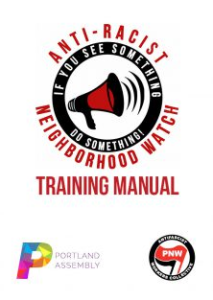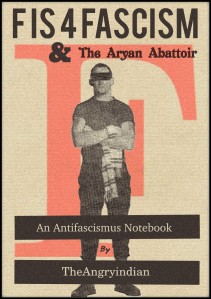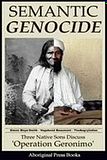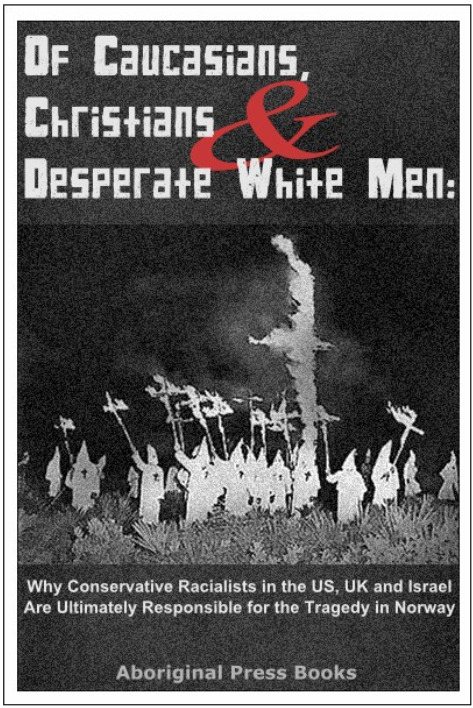 Uncovering History: Was Susan B. Anthony Racist Or Frederick Douglass Sexist? – Susan B. Anthony and Frederick Douglass met in Rochester through the abolitionist community. Pioneers of equal rights, they quickly became friends, united in the anti-slavery and pro-suffrage movements. Many of Anthony’s early speeches condemned slavery and any sort of racial prejudice; she even postponed her suffrage work mid-Civil War to focus on abolition, which was a more pressing issue. Douglass was an outspoken advocate of women’s rights, once remarking that “there was no foundation in reason or justice for woman’s exclusion.” He was also the only African American at the Seneca Falls Convention, the first woman’s rights convention at the beginning of the suffrage movement — a convention which, ironically, Anthony did not attend.
Uncovering History: Was Susan B. Anthony Racist Or Frederick Douglass Sexist? – Susan B. Anthony and Frederick Douglass met in Rochester through the abolitionist community. Pioneers of equal rights, they quickly became friends, united in the anti-slavery and pro-suffrage movements. Many of Anthony’s early speeches condemned slavery and any sort of racial prejudice; she even postponed her suffrage work mid-Civil War to focus on abolition, which was a more pressing issue. Douglass was an outspoken advocate of women’s rights, once remarking that “there was no foundation in reason or justice for woman’s exclusion.” He was also the only African American at the Seneca Falls Convention, the first woman’s rights convention at the beginning of the suffrage movement — a convention which, ironically, Anthony did not attend.

So how did such a strong friendship revert to disagreements and accusations of racism or sexism? One major cause was to blame: the Fifteenth Amendment. When slavery was abolished in 1865, former slaves became another group of disenfranchised people who also did not have the vote. Thus the Fifteenth Amendment gave African Americans the right to vote–but only African American men. Douglass and other abolitionists dubbed this time period the “Negro’s hour,” claiming that any suffrage progress was better than none at all, and if black men got the vote first, so be it. Anthony was furious. She wanted universal suffrage for everyone, regardless of race or sex. If women, both black and white, were excluded, she did not want the amendment passed.
Their disagreements came to a head at an 1869 meeting of the American Equal Rights Association, where Anthony and Douglass got into a heated debate about the Fifteenth Amendment. They each argued how the lack of suffrage placed them in danger in different ways–African Americans because they were persecuted for their race and women because they were male property, and were controlled financially and politically. After the argument, still conflicted over the amendment yet determined to achieve women’s suffrage, Anthony and her supporters walked out of the meeting and formed a new organization called the National Woman Suffrage Association.
—






















Recent Comments